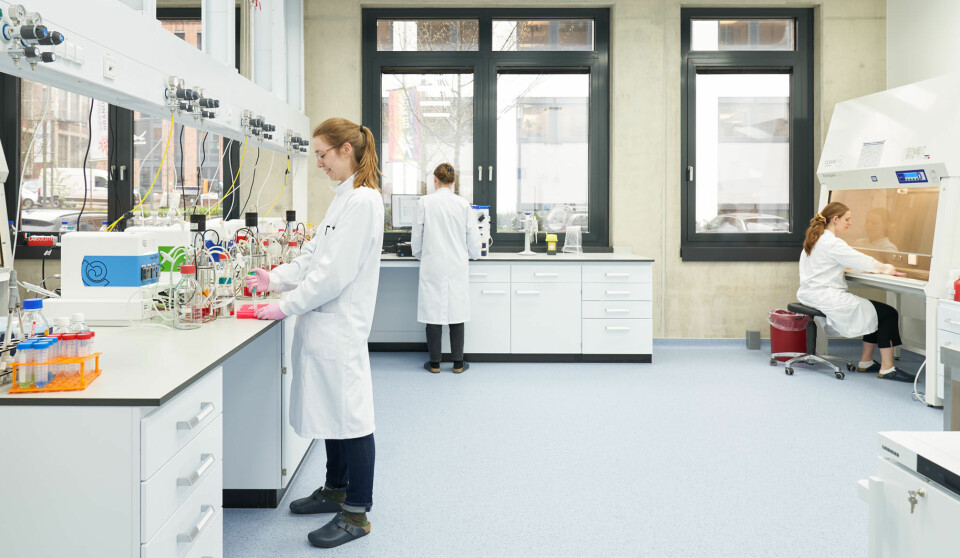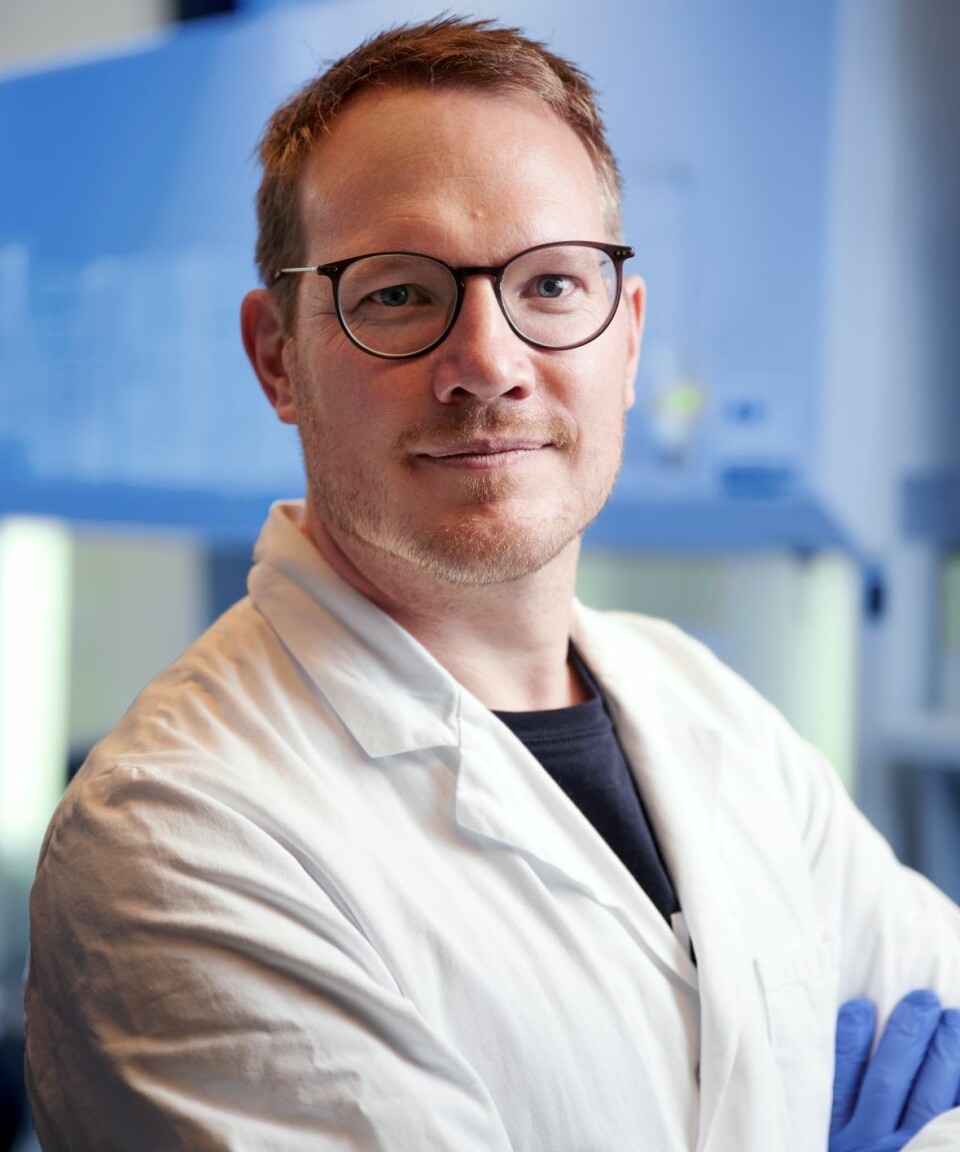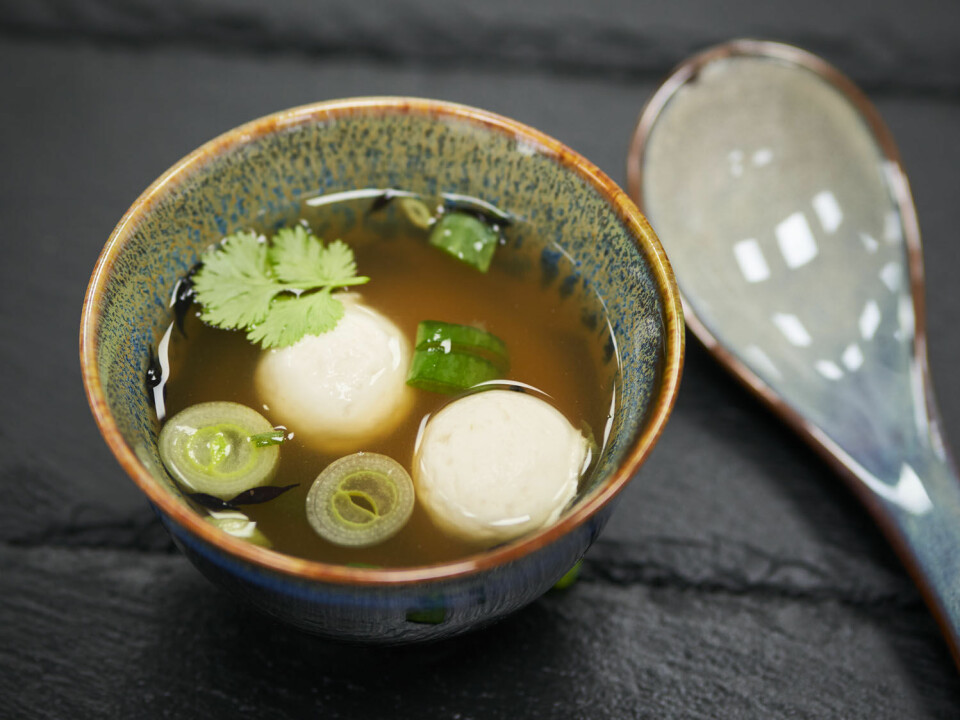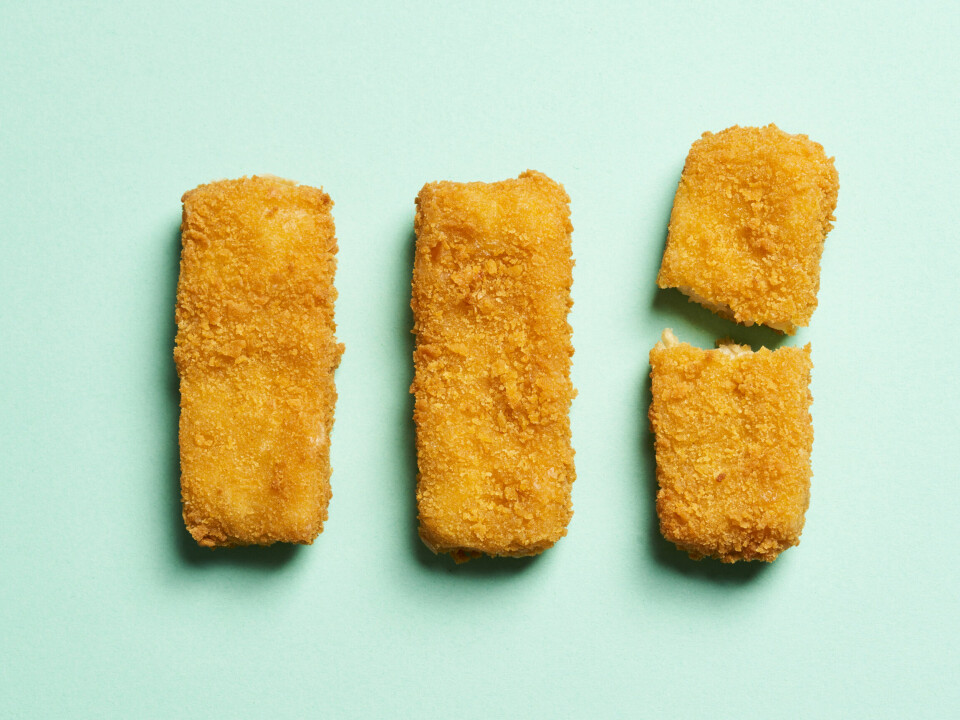
Cell-grown salmon company opens first pilot plant in Europe
BLUU Seafood may have price-competitive products on the market in three years
BLUU Seafood, a food biotech company developing salmonid products grown from cells, has officially opened the doors to the first pilot plant in Europe and says it may have products available at wholesale fish prices in just three years.
The start-up company said that by relocating from Lübeck to Hamburg-Altona it has left laboratory scale behind and exchanged it for 2,000 square metres of customised research, production, and office space to develop and produce what it says are real and tasty fish products made without any animal suffering or environmental damage.
New fermenters, which currently have a capacity of 65 litres with the potential to expand to 2,000 litres, will enable BLUU Seafood to cultivate muscle, fat and connective tissue cells from Atlantic salmon and rainbow trout in much larger quantities than before.
Fish balls
At the optimal temperature, with the necessary oxygen supply and the appropriate nutrients, the animal cells grow and divide in the same way as they do in live fish. The fish products made from the cell mass, such as fish sticks or fish balls, are both GMO-free and free from heavy metals and microplastics that BLUU Seafood says are often found in wild-caught fish. The ‘cultivated fish’ products are similar to conventional products in terms of taste, nutritional content, and cooking behaviour, adds the company.
The new plant and the associated scale-up take BLUU Seafood a step closer to industrial production.

BLUU Seafood co-founder and co-chief executive Dr Sebastian Rakers said: “With the facilities at our new site, we can continue to develop our products and prepare intensively for the future market entry of cultivated fish. We are thus laying the foundations to supply the first markets. In Hamburg, we have the ideal conditions to continue to grow and continuously reduce production costs.”
Cost will fall
The cost of producing cultivated fish is still higher than the average price of wild and farmed fish, but Rakers says this will gradually change as capacity increases.
“We will only see a real shift towards a more sustainable diet when products based on alternative proteins are available in larger quantities and are also affordable. That is what we are working on at BLUU,” said Rakers in a press release.
“If the scalability and market conditions are favourable, we will be able to offer cultivated fish at wholesale fish prices in as little as three years. The new site is an important building block in this development.”
BLUU Seafood explained that although, at a cellular level, cultivated fish is no different from wild-caught or farmed fish, it is considered a new food and is thoroughly tested in all markets before being approved. This ensures food safety. Initial approvals for cultivated chicken, quail, and beef have already been granted in Singapore, the United States, and Israel.
For cultivated fish, approval conditions have also been defined by the relevant authorities. BLUU Seafood therefore expects the first approval in Singapore in early 2025, followed by the US, and the European Union.

























































